Retinal Diseases
- Home
- Retinal Diseases

Dr. RUCHIR TEWARI
- Dr. R.P. Centre. AIIMS. Delhi
- University of Leipzig Germany
- Vitreo-retinal Surgery
- Retinopathy of prematurity
- Cataract Surgery
Dr. PRERNA MATTA
- Safdarjung Hospital Delhi
- Apollo hospital Delhi
- Tirupati Eye Centre Noida
- Glaucoma Treatment
- Anterior Segment surgery
- Cataract Surgery

Retina and uvea services
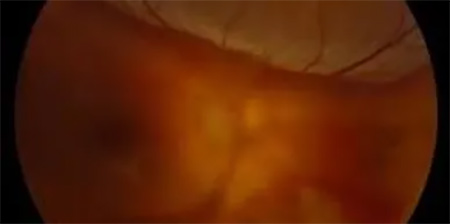
Retinal Detachment
Retinal detachment is separation retinal layer from the underlying choroid. Most commonly this disease occurs in myopic patients with retinal breaks or lattices. Other conditions like diabetes, injury and chronic inflammation can also cause retinal detachment. This condition is considered to be a medical emergency. It is diagnosed clinically and by tests like ultrasonic B scan of the eye.
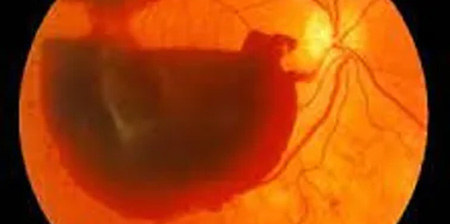
Vitreous Hemorrhage
Vitreous haemorrhage is bleeding inside the eye. It typically looks like a dark cloud in your vision. Common causes for this R retinal, vasculitis, diabetic, retinopathy, injury and other inflammatory ai diseases. Initial cases are self-limiting and resolving but they will still need medical attention. Cases, not responding to medical therapy will require vitrectomy surgery as well
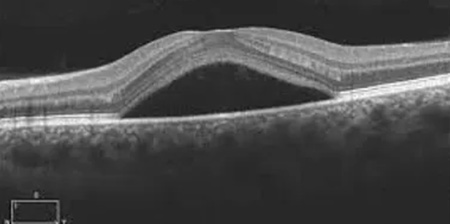
Central Serous Retinopathy
This eye condition typically occurs in middle aged adults. Symptoms are blurry vision in the centre of visual field and fluctuations in vision. The risk factors include smoking and alcohol intake. This disease requires specialised OCT scans for evaluation. If left untreated, this condition can permanently reduce your quality and quantity of vision.
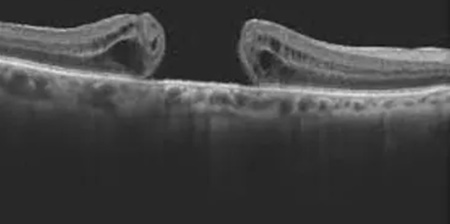
Macular Hole
Macular hole is a hole in the centre of the retina (Macula). Because of its strategic location. This can reduce your vision significantly. Risk factors for this disease are age and injury. Almost all such cases will require immediate eye examination and macular whole surgery. Specialised eye scans like OCT are required to diagnose this disease.

Central Serous Retinopathy
Diabetes can severely affect your eyesight. Long-standing diabetic patients may develop retinal bleeding, haemorrhage, detachment and risk of complete visual loss. All diabetic patients are advised to undergo retinal exam every year. This disease can easily be managed by proper diabetic control. Retinal lasers and Anti-VEGF injections in early stages, surgery may be required in later stages of the disease.
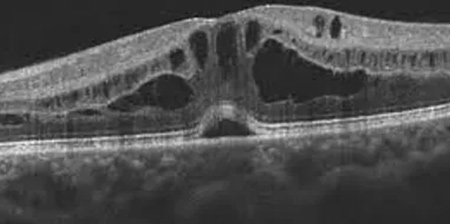
Cystoid Macular Edema (Cme)
Cystoid macular edema or CME, is a painless disorder which affects the central retina or macula. When this condition is present, multiple cyst-like (cystoid) areas of fluid appear in the macula and cause retinal swelling or edema. Treatment of this condition includes Anti-VEGF injections and retinal lasers.



